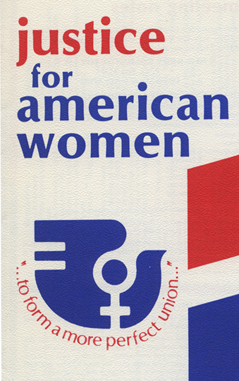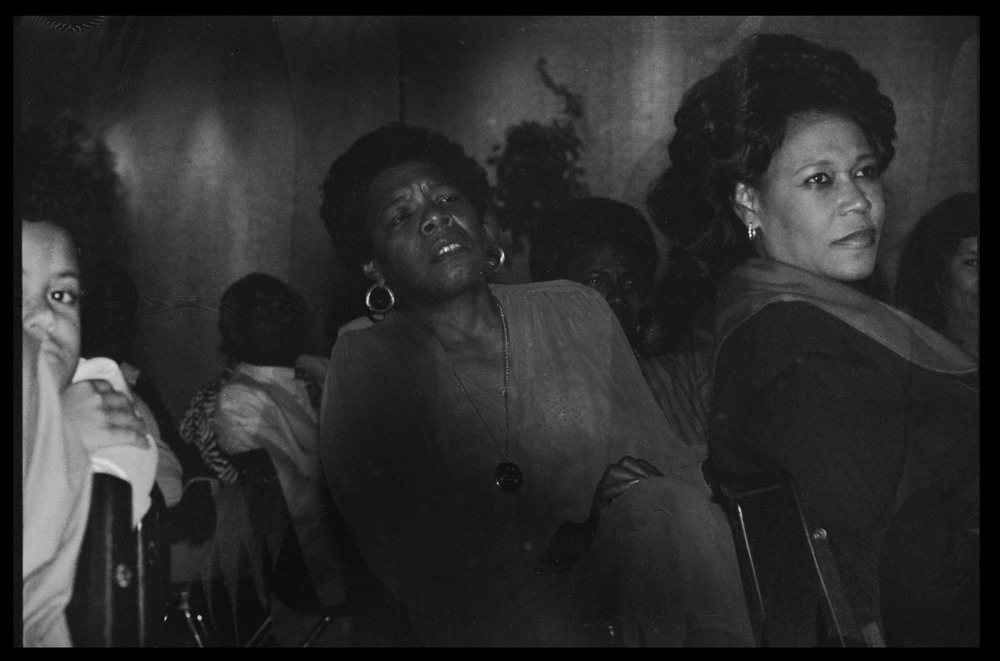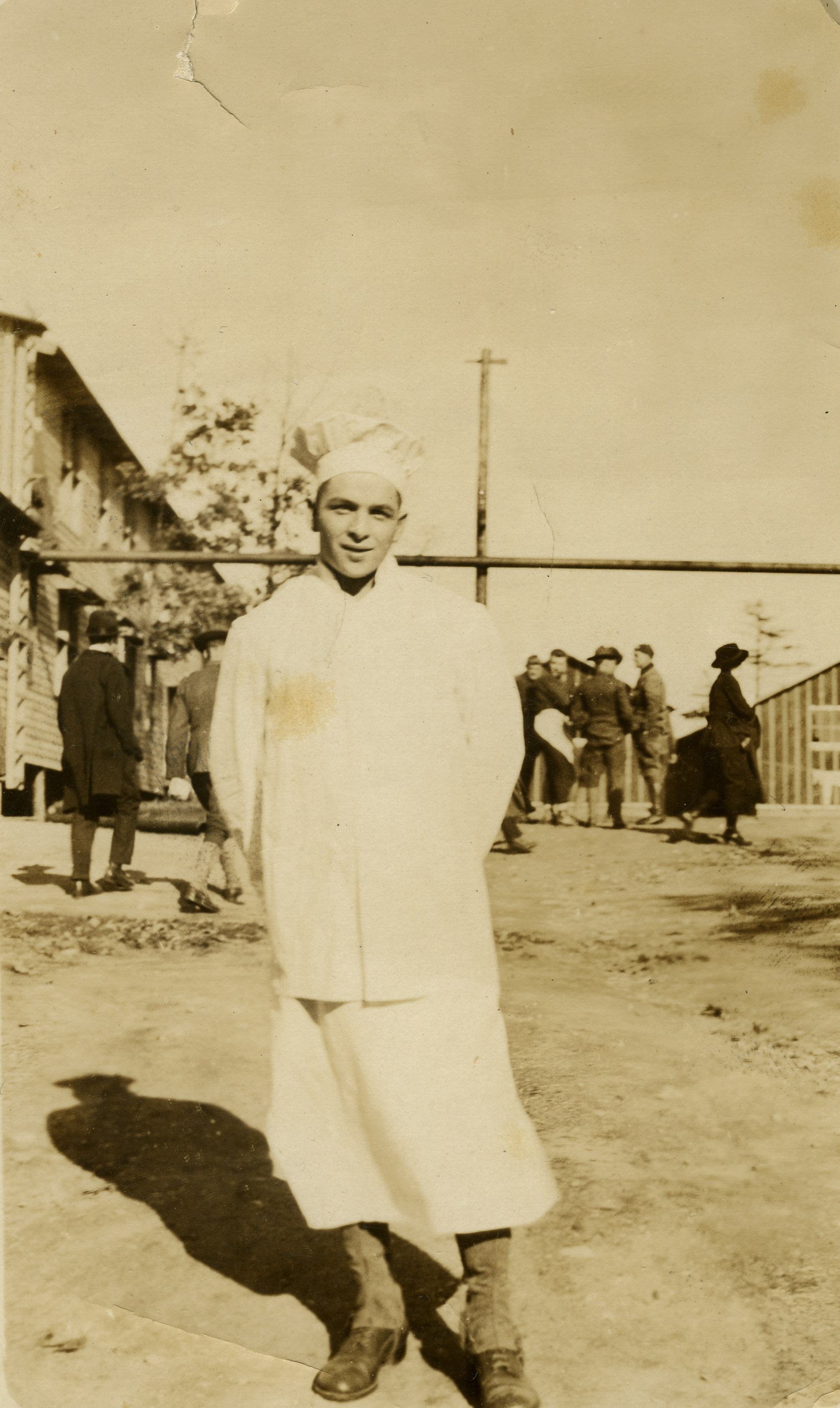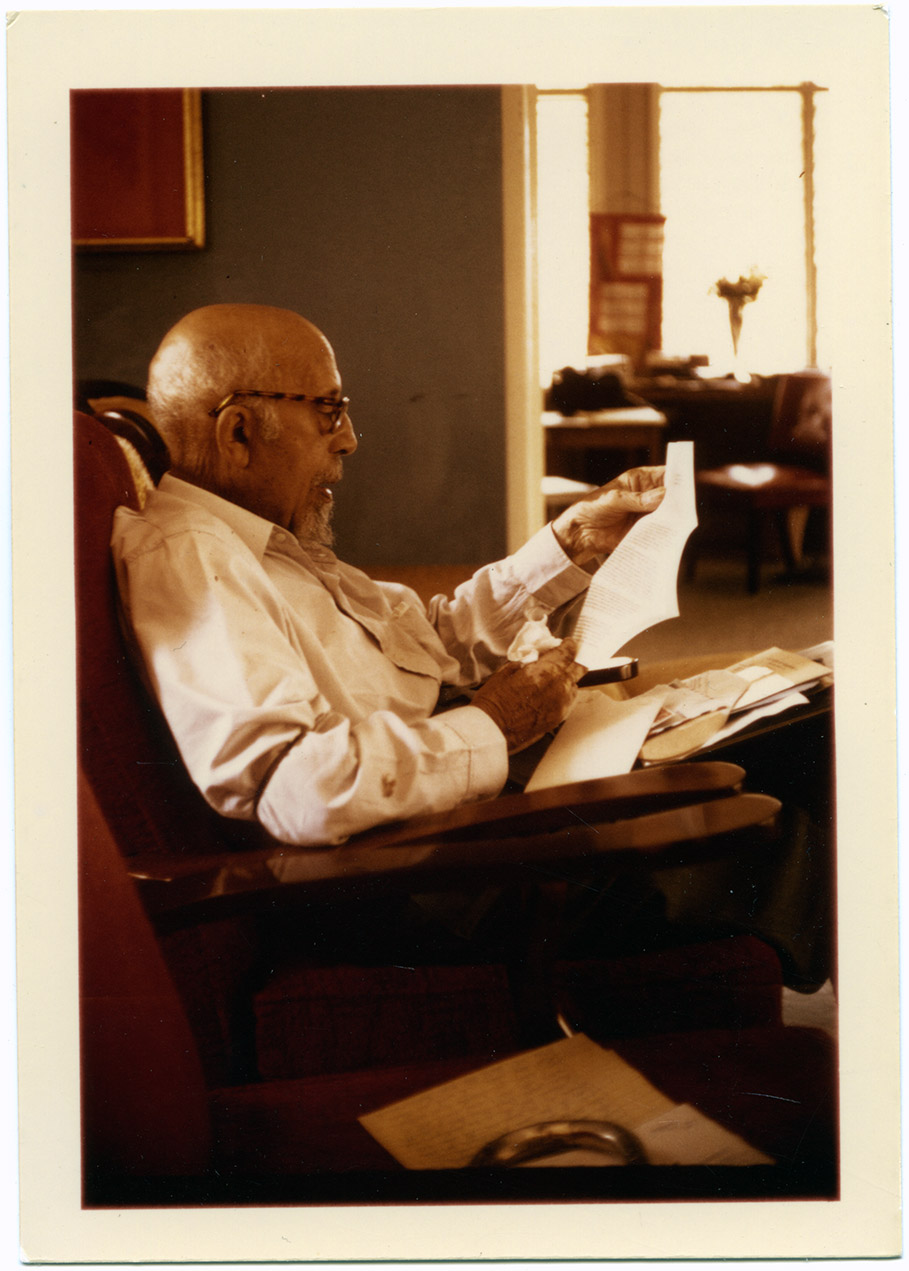Robert A. Irwin is an activist and educator living in Massachusetts. He first became active in social change work with Movement for a New Society (1971-1988), and went on to work with such organizations as the Exploratory Project on the Conditions of Peace (ExPro), and New England War Tax Resistance, and with organizers and activists such as Gene Sharp, Randy Kehler, Elise Boulding, Randy Forsberg, Robert Jay Lifton, and George Lakey. He was an active collector of published materials from these movements. Irwin studied philosophy at Princeton University and Antioch College, and earned a Ph.D. in sociology at Brandeis University. He has taught at Tufts University, Brandeis, College of the Holy Cross, and, for over twenty years, at Massachusetts Institute of Technology’s Writing and Communication Center. In addition to his activism and collecting, Irwin has authored resources on coalition building, nonviolence, and peace, including his book Building a Peace System (1989); a book chapter condensing his book in Mobilizing Democracy (1991), and with Gordon Faison “Why Nonviolence?,” a special Dandelion Issue issued by Movement for a New Society.
The Robert A. Irwin Periodicals Collection consists of publications and periodicals produced by activists and movements for social justice. The collection’s topic area is broad, but it has especially strong representation from movements engaged in peace work, nonviolence, politics, radicalism, socialism, and feminism. Titles with larger runs include WIN (subtitled “Peace and Freedom through Nonviolent Action,”) Liberation, Monthly Review, Our Generation, Peace Work, Radical America, Seven Days, Socialist Revolution, and Telos, among others. The collection also includes Irwin’s own book and other publications.
Give of Robert A. Irwin, 2021.





